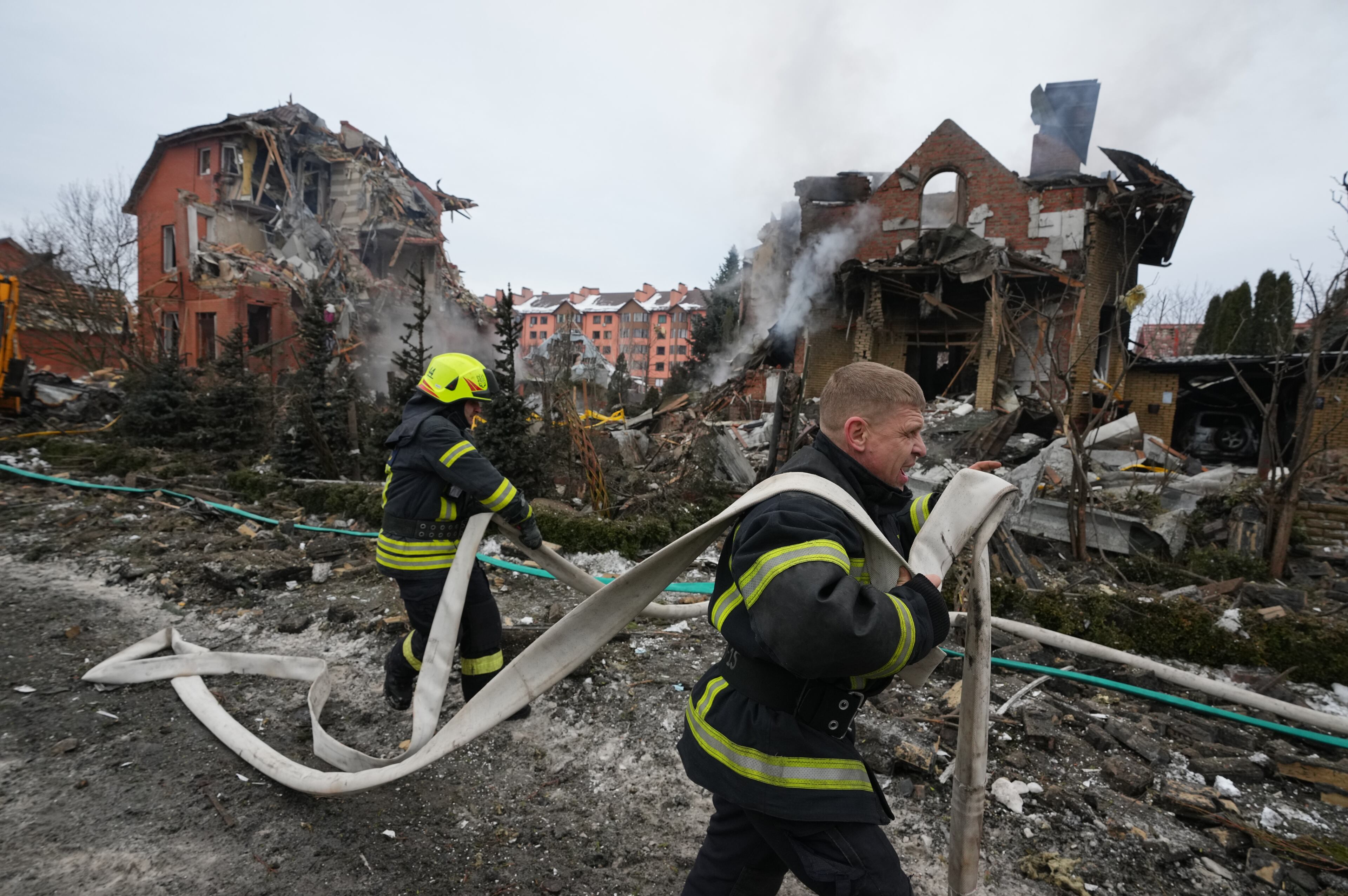Atlanta Mayor Kasim Reed: Meeting BLM protesters was productive
When four community activists were allowed to return to a meeting with Atlanta Mayor Kasim Reed on Monday, they gave him an ultimatum: Answer yes or no to a list of 25 "demands."
Among them:
- Redirect general funds from the police department – which accounts for 52 percent of the spending – to social services and projects.
- Release the of surveillance footage from the 2015 Alexia Christian shooting.
- Stop allowing the Atlanta Police Department to train with Israeli trainers.
- Decrease the presence of police officers in schools.
As protesters chanted outside City Hall, Reed listened to the activists inside. He called the demands “thoughtful.” However, he refused to give definitive answers, although he later said some of the demands would be rejected outright.
“What I heard most often is that folks want a different relationship with their police department. I don’t want to make another city’s problem Atlanta’s problem,” Reed said about the meeting. “I will look at the demands and determine which ones are appropriate to respond to.”
And with that, the much ballyhooed meeting between Reed and the activists, some representing the Black Lives Matter movement — some not — yielded few concrete solutions.
Atlanta was one of several cities that experienced protests over the last two weeks in response to the shooting deaths of Alton Sterling and Philando Castile, two black men killed in Louisiana and Minnesota after encounters with police officers.
Their videotaped deaths were followed by the ambush-style killings of five police officers in Dallas and three in Baton Rouge on Sunday – only heightening tensions across America on the eve of the presidential conventions.
“I am concerned about our officers,” Reed said. “I can’t tell you how many families I have heard from who are worried about their husbands and wives being attacked by copycats.”
Atlanta Police Chief George Turner said on Monday that his officers just returned to eight-hour shifts after a week of Atlanta protests and a city on high alert.
On Monday night, Turner announced that in response to the recent police shootings in Dallas and Baton Rouge, the department is evaluating safety protocols. He immediately announced that two police officers will be required to be a one car in response to emergency calls in some parts of the city. Also, employee assistance team members will visit all of the zones to support officers.
The city has gone several days without any major protests, although there has been speculation that after Monday’s meeting, they will resume.
“We are trying to do everything we can to be thoughtful, courteous and to show empathy,” Reed said. “But that does not mean that the city will cease to function.”
Some activists upset
Turner and Reed agreed to meet with protesters at City Hall after a series of marches last week that concluded with a rally outside of the Governor’s Mansion in Buckhead. At that rally, protesters refused to leave until they met with Turner and Reed. Gov. Nathan Deal was out of the country at the time.
Reed and Turner, that night, sat down with four protesters and negotiated Monday’s meeting.
Reed said he didn’t leave Monday’s sometime contentious meeting with activists with a deal, but that wasn’t the point, he said.
“It was not my goal to come out and get a deal done, but there are some problems you have to work out and resolve,” Reed said. “I don’t believe meeting is a sign of weakness. But rather caring.”
He said he was more interested in listening to the growing concerns of local protesters who have used the recent violence to bring attention to problems in Atlanta.
“Atlanta has a tradition of civic activism, and it is part of our success,” Reed said. “I really don’t believe this is a burden.”
But the meeting, closed to the media, seemed to take a while to gain it’s footing.
Initially, several protesters, ironically wearing “Unlovable Brats,” T-shirts in a dig at former Ambassador Andrew Young who dubbed them that last week, came to the meeting, but left shortly after it started.
Several people who attended the meeting said the protesters “lacked decorum.”
Several protest leaders said they wanted a public forum on the steps of City Hall, but instead got a closed door meeting.
“I feel like we were lied to, bamboozled by the mayor,” said Taiza Troutman, 22. “We had people here at 8 a.m. and sent two people in to let them know we were more comfortable with a public forum outside on the steps. There was a meeting, but not ‘our’ meeting.”
After demonstrating outside, protesters attempted to storm back in the meeting, but where blocked. As they sung outside of the meeting room, police officers escorted the four leaders back in. The singer Usher came out of the meeting several times to try to calm down the protesters.
“The mayor did a helluva job,” said Sir Maejor, the head of Black Lives Matter of Greater Atlanta.
Sir Maejor was part of the meeting, but not part of the protesters who came in and out
“They were trying to bogard their way into the meeting, which is not the way to handle this and be heard,” Sir Maejor said. “They are not protesting for a good reason. The mayor met with you, why you still screaming at him.”
Al Vivian, a diversity trainer who mediated the meeting, called it “candid, open and transparent.”


